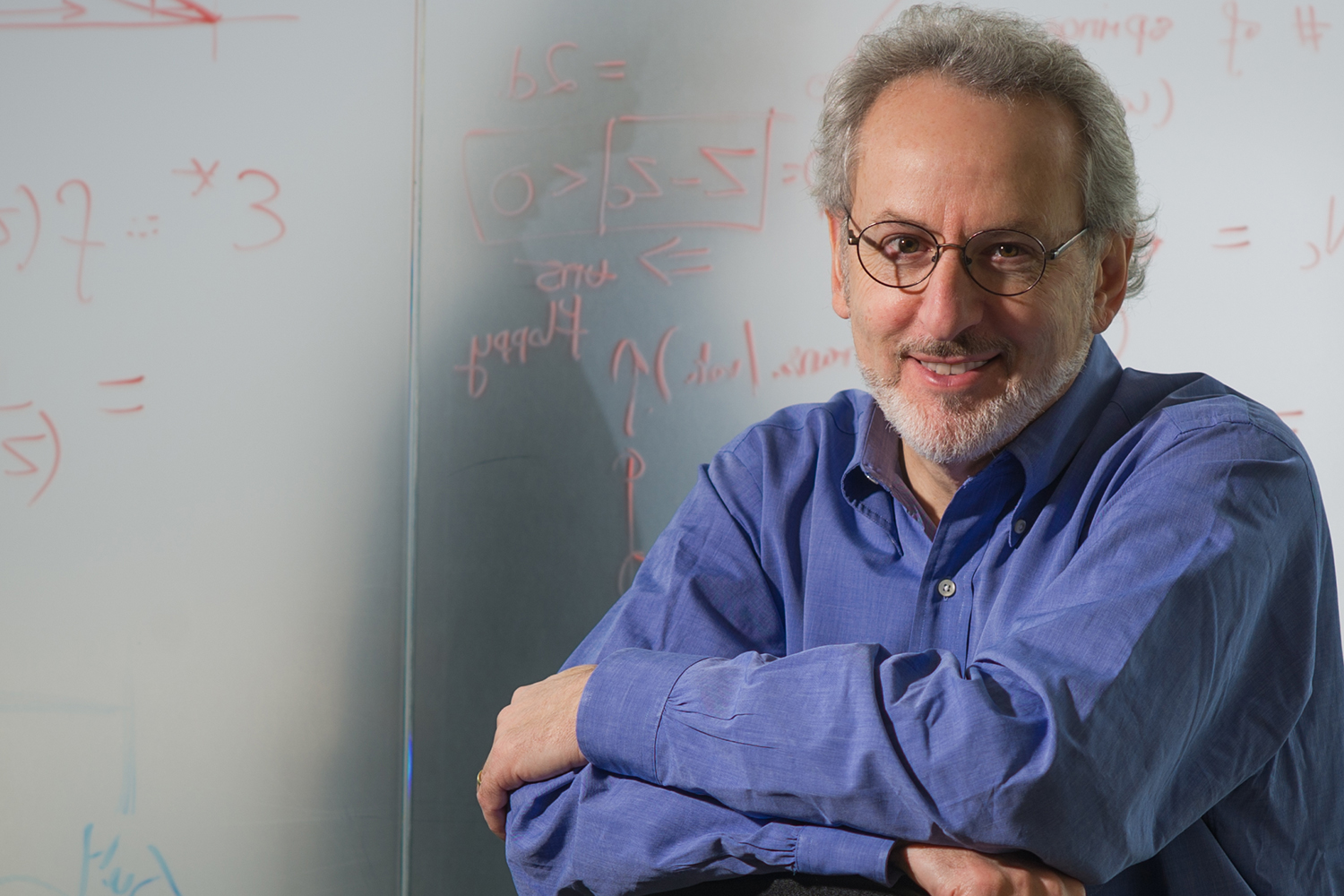Donald Ingber, Director of the Wyss Institute for Biologically Inspired Engineering at Harvard University, will deliver the inaugural Bagrit Lecture at Imperial College London on May 19. Ingber, a pioneer of organ-on-chip technology, will discuss the exciting potential in applying Nature’s design principles to the development of novel technologies for use in medicine, industry, and the environment.
His lecture coincides with the 20-year anniversary of the founding of the Department of Bioengineering at Imperial College. The event will also commemorate Sir Leon Bagrit, a distinguished engineer whose memorial fund helped establish bioengineering at the college and provides ongoing support for its many related activities.

Ingber is developing cutting-edge, organ-on-chip devices that mimic the way real organs work. His most recent innovation is a complex, three-dimensional model of a breathing lung on a microchip that incorporates living human lung cells into computer chip technology. This device mimics how the lung works so that scientists can more accurately model the effects of environmental toxins on human lungs. Researchers can also use the device to monitor how the lungs absorb aerosolized pharmaceuticals in the lungs and to assess the safety and effectiveness of new drugs.
“Don Ingber’s work represents the future of bioengineering. He is a pioneer who has helped us to understand how cells are designed. Now he is leading the way, using new microscopic fabrication techniques that incorporate human cells, to make devices to diagnose, understand and treat human disease,” said Professor Ross Ethier, Head of the Department of Bioengineering at Imperial College. “As we celebrate 20 years of bioengineering at the College, it is fitting to have such a pioneer among us to discuss what the future holds in this exciting scientific field.”
In a lecture, entitled “From cellular mechanotransduction to biologically inspired engineering,” Ingber will talk about some of the advantages of using organ-on-chip technologies, which could accelerate the introduction of new drugs to market, provide an alternative to animal studies, and lower research costs.
Ingber is also a leader in understanding the fundamental design principles that govern the way that molecules are structured into living cells and how these cells are integrated within tissues and organs during embryo formation, which is a process called “tensegrity.” He will review his research on tensegrity and other advances being made in understanding the principles behind living cells and tissues, which enable them to change shape, move, grow, and self-heal. Understanding these underlying principles in more detail is enabling researchers to mimic biology so that they can develop technologies such as the organ-on-a-chip device.
Ingber has authored more than 300 publications and 50 patents and has received numerous distinctions including the Pritzer Award from the Biomedical Engineering Society, Lifetime Achievement Award from the Society of In Vitro Biology, the Rous-Whipple Award from the American Society for Investigative Pathology, the Department of Defense Breast Cancer Innovator Award, and election as a Fellow in the American Institute for Medical and Biological Engineering.
Consistently rated amongst the world’s best universities, Imperial College London is a science-based institution with a reputation for excellence in teaching and research. In 2007, Imperial College London and Imperial College Healthcare NHS Trust formed the UK’s first Academic Health Science Centre. This unique partnership aims to improve the quality of life of patients and populations by taking new discoveries and translating them into new therapies as quickly as possible.